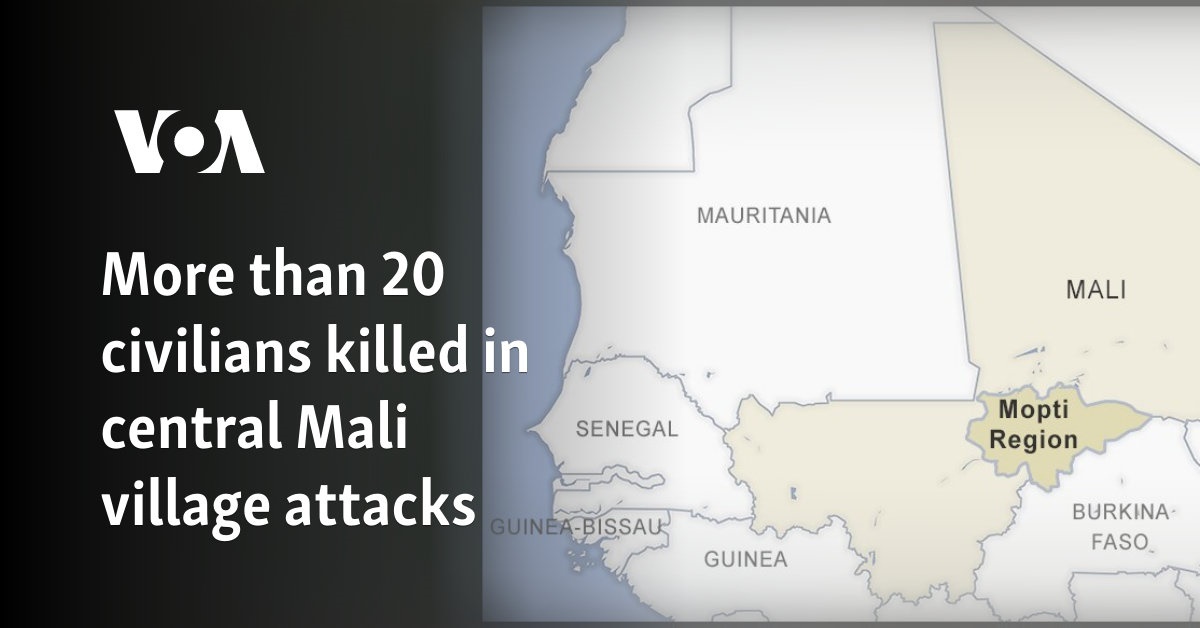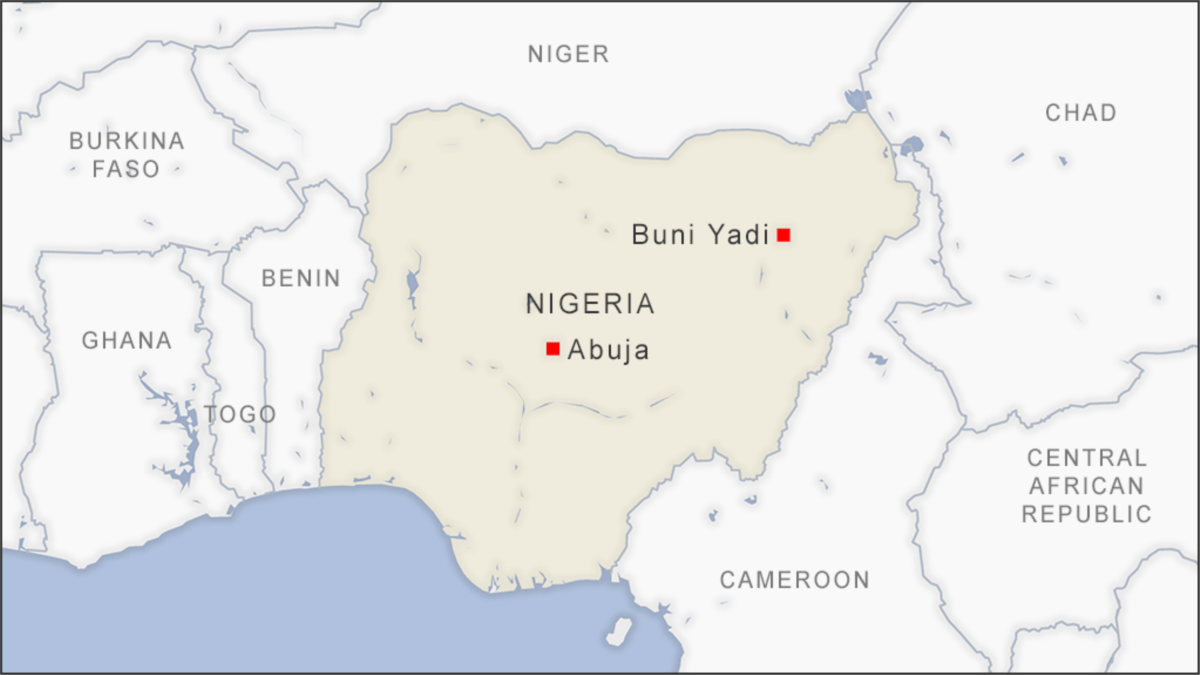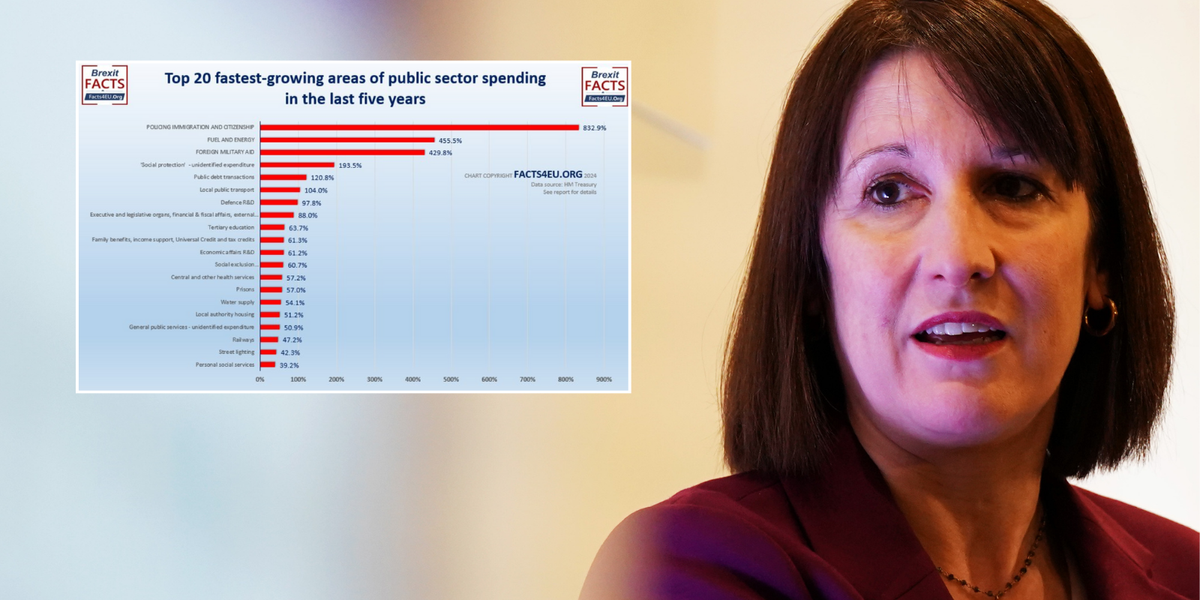With conservation efforts more vital than ever, CHEP, a leader in sustainable supply chain solutions, is proud to partner with Wildlife ACT to protect Africa’s iconic and endangered species, the rhino. This collaboration not only aligns with CHEPs corporate social responsibility (CSR) initiatives but also reinforces the company’s deep-rooted commitment to environmental sustainability. Together, they are working to safeguard the future of rhinos and ensure the preservation of biodiversity for generations to come.
The Rhino Crisis
Rhinos continue to suffer the severe threat of poaching, driven by an insatiable demand for their horns in parts of Asia where it is believed to possess “medicinal” properties or unceremoniously portrayed as a status symbol. South Africa, home to some of the last significant populations of Black and White rhinos, is the epicentre of the crisis. Fewer than 6,200 Black Rhinos remain, classifying the species as critically endangered, whilst White Rhinos continue to decline at an alarming rate.
KwaZulu-Natal (KZN), with its high concentration of rhinos, is at the forefront of this battle. Parks like Hluhluwe-iMfolozi (HiP) have historically played a key role in the species’ conservation. However, relentless poaching continues to endanger this critical population. Without immediate intervention, KZN’s rhinos could face extinction within the next few decades.
CHEP and Wildlife ACT: Partners in Conservation
CHEPs partnership with Wildlife ACT, a South African conservation non-profit organisation, is a testament to the company’s CSR and sustainability ethos. Wildlife ACT is renowned for its work in endangered species conservation, with a focus on strategic wildlife monitoring, community engagement, and habitat protection. Together, CHEP and Wildlife ACT have made significant strides in safeguarding rhinos in KZN through a series of impactful interventions.
Dehorning: A Lifeline for Rhinos
A key conservation strategy is the dehorning of rhinos—a preventative measure that involves the careful removal of a rhino’s horns to deter poaching. With the support of CHEP, Wildlife ACT has assisted in dehorning a significant proportion of the rhino population at two key sites: Hluhluwe-iMfolozi Park and Somkhanda Game Reserve.
Dehorning is a delicate process, undertaken by qualified veterinarians ensuring the utmost care for the animals’ well-being. Dehorning significantly lowers the risk of rhinos being targeted by poachers. This process must be repeated every 18 to 24 months as the horns grow back, but the immediate benefit is clear: rhinos are safer, and their population has a chance to recover.
Protecting Future Generations
In addition to dehorning, CHEP has supported the relocation of orphaned rhinos, where young rhinos whose mothers have been poached are reared within a secure environment. These orphans are rehabilitated with the hope of reintroducing them back into the wild when they are strong enough to survive on their own.
Tracking and monitoring are also critical components of this conservation work. CHEPs contribution has enabled the fitment of tracking units on rhinos, allowing conservation teams to monitor the movements of both Black and White Rhinos. This data is invaluable in managing the populations and ensuring the safety of these endangered animals.
A Broader Impact: Community and Conservation
CHEPs collaboration with Wildlife ACT stretches beyond the protection of rhinos. It also involves working closely with local communities to create awareness and foster a sense of shared responsibility for wildlife conservation. Somkhanda Game Reserve, where much of the dehorning takes place, is a community-owned reserve, offering a unique opportunity to align conservation efforts with local socio-economic development.
By engaging communities in these initiatives, CHEP helps create a sustainable conservation model where people and wildlife can coexist and thrive. This aligns with the company’s larger sustainability goals, including addressing climate change and enhancing biodiversity, while supporting local economies.
Driving Sustainability and CSR Forward
At its core, CHEPs involvement in rhino conservation through Wildlife ACT reflects the company’s broader commitment to building a better, more sustainable future. Through responsible business practices, CHEP aims to reduce environmental impact and contribute meaningfully to the preservation of the planet’s most vulnerable species.
The Rhino Conservation Programme is just one leading example of how CHEPs CSR and sustainability efforts go hand-in-hand, creating a lasting positive impact on wildlife, ecosystems, and communities. As the fight to save rhinos continues, CHEP remains a dedicated partner in ensuring that future generations can experience the awe of these magnificent creatures in the wild.
Alignment with CHEP’s Sustainability Vision
CHEPs partnership with Wildlife ACT is a natural extension of the company’s sustainability and CSR strategies. By supporting biodiversity conservation and environmental protection, CHEP is contributing to the achievement of several Sustainable Development Goals (SDGs), particularly SDG 15 (Life on Land) and SDG 13 (Climate Action).
As part of its sustainability framework, CHEP is committed to making a positive environmental impact by supporting initiatives that protect ecosystems and promote the responsible use of natural resources. The company’s involvement in rhino conservation underscores its dedication to preserving Africa’s rich biodiversity, while its broader CSR activities, such as tree planting and food security programs, further demonstrate its commitment to creating lasting social and environmental value.
A Future for Rhinos
While the rhino poaching crisis remains a daunting challenge, the efforts of Wildlife ACT, CHEP, and other conservation partners offer hope for the future. Through a range of conservation interventions, such as dehorning, community engagement, and scientific research, the conservation community is making meaningful strides toward ensuring that these majestic creatures will continue to roam the African savannah for generations to come.
As CHEP continues to support wildlife conservation and sustainability initiatives, the company reaffirms its commitment to protecting the natural world and contributing to a sustainable future for both people and the planet.

 By Africa.com | Created at 2024-12-10 15:16:50 | Updated at 2024-12-22 03:30:12
1 week ago
By Africa.com | Created at 2024-12-10 15:16:50 | Updated at 2024-12-22 03:30:12
1 week ago








